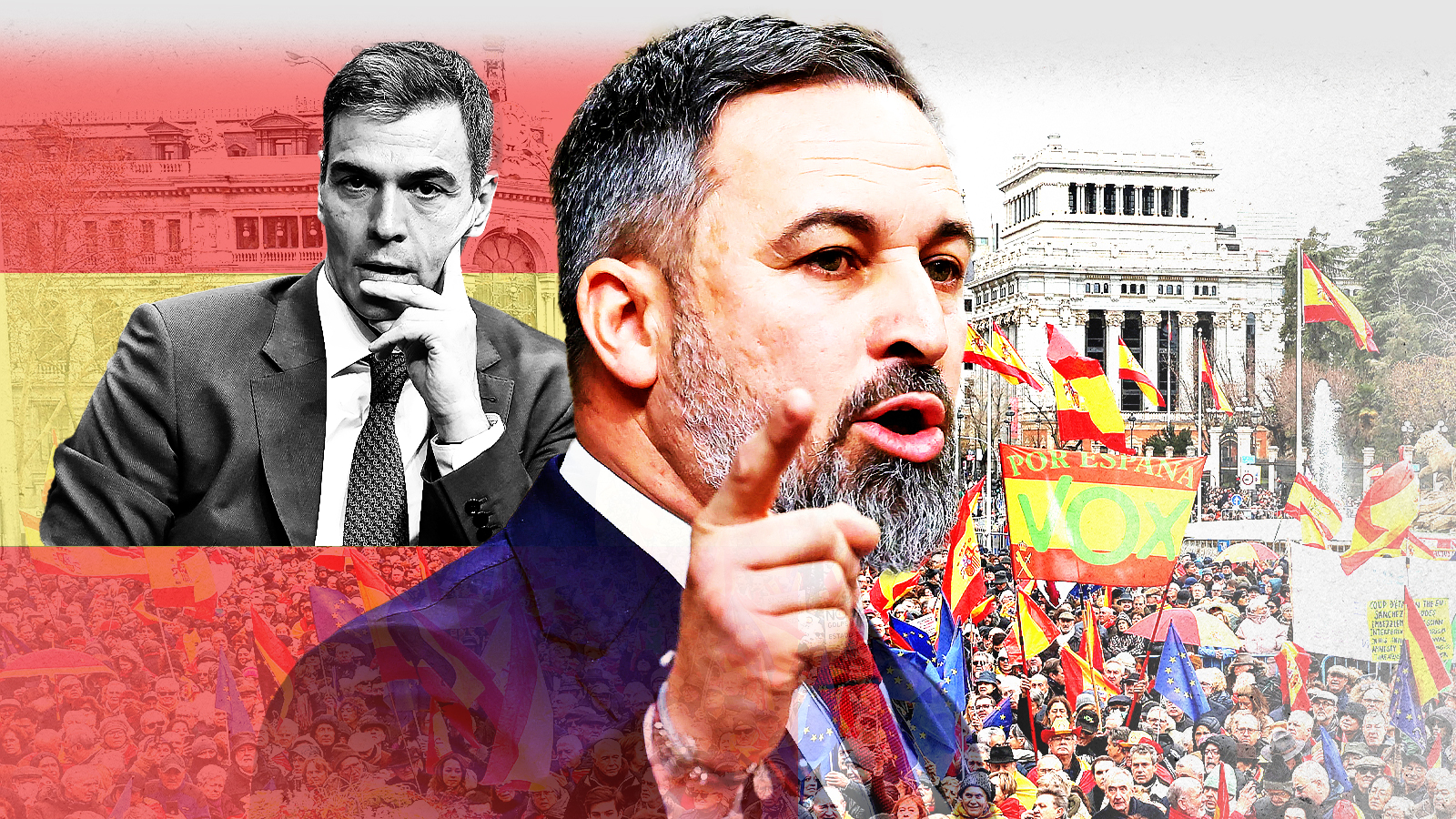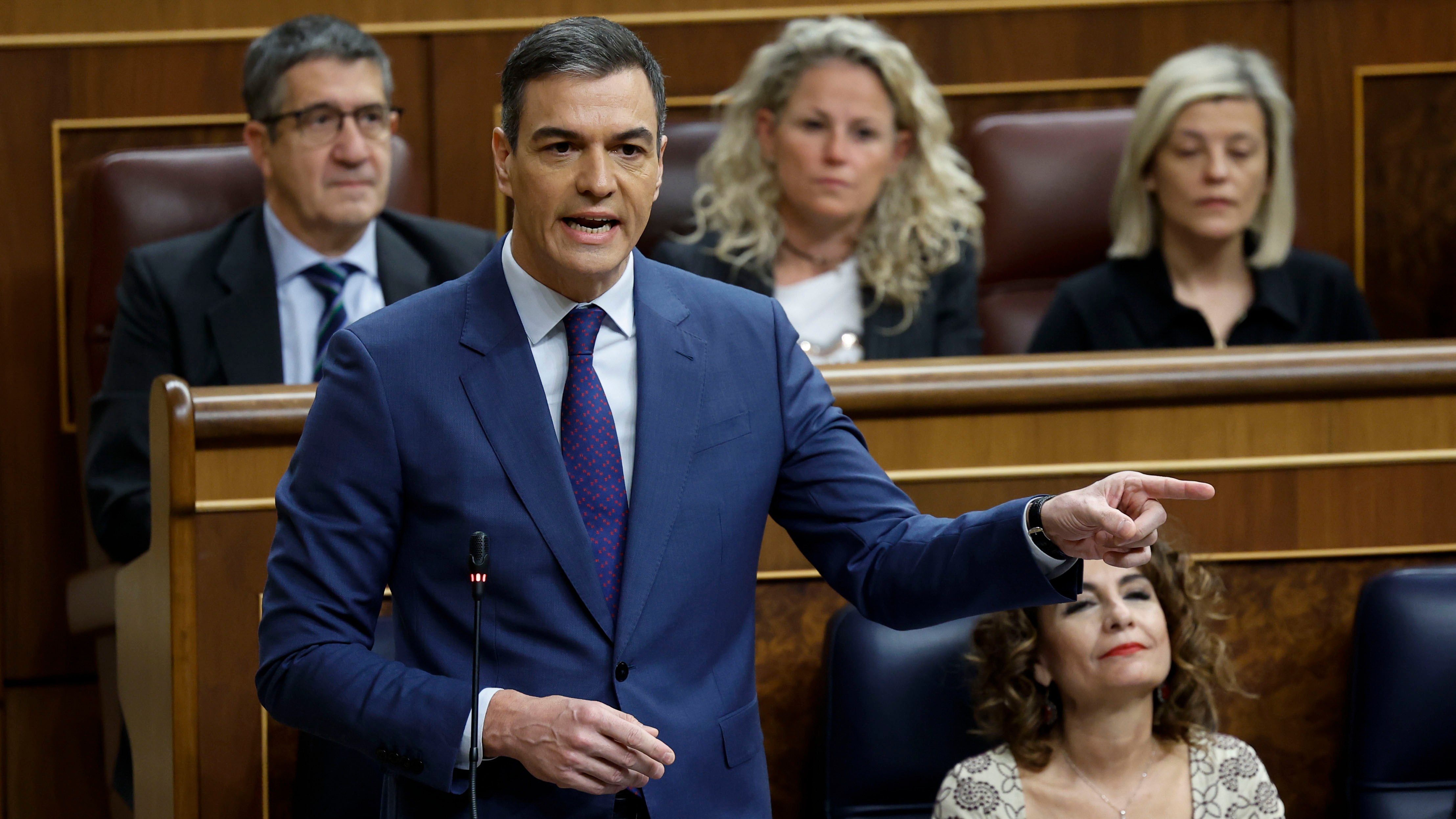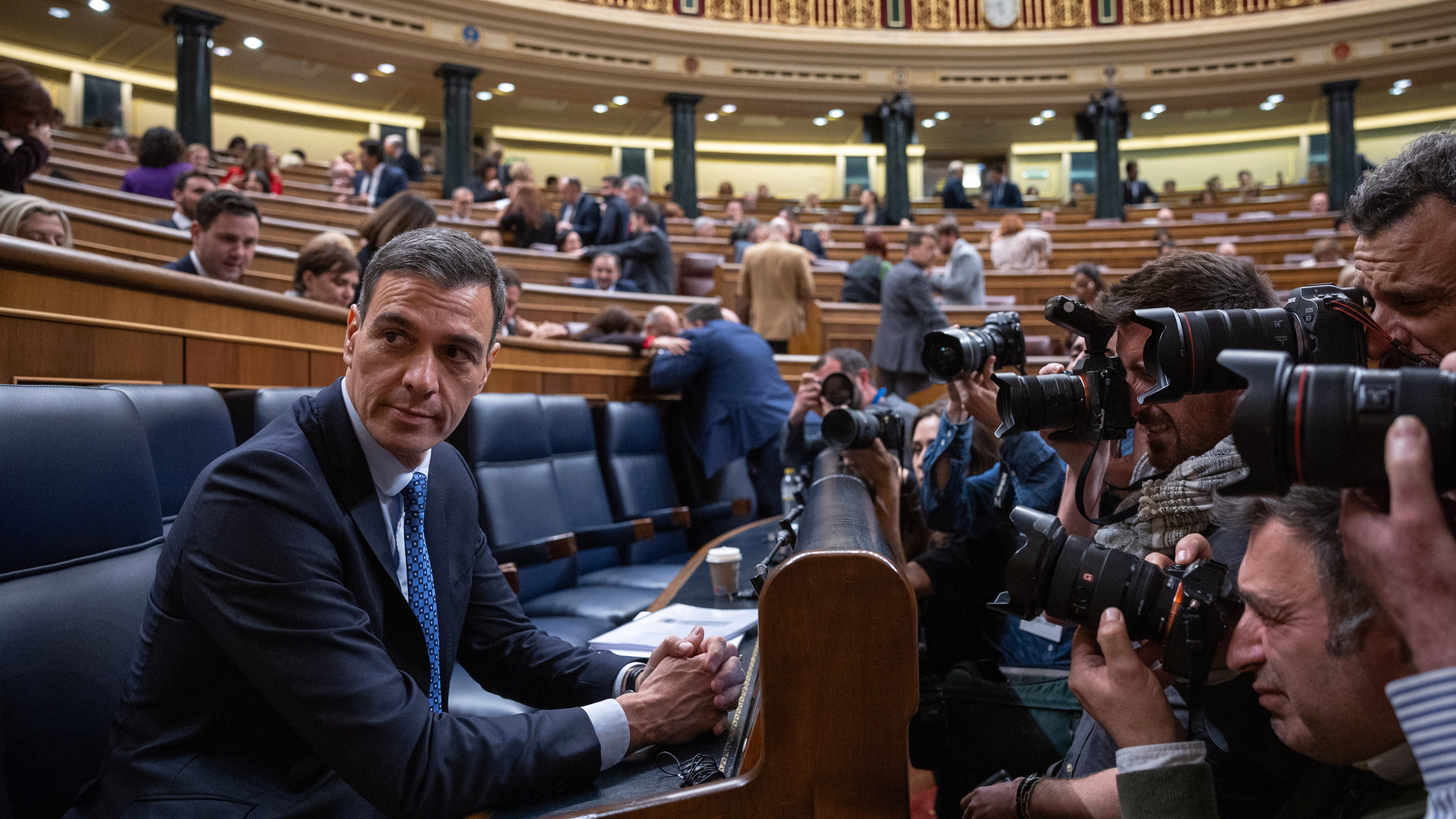A resurgent right poses a greater threat to Spanish unity than the separatists of Catalonia, the Socialist government’s candidate in its regional election has told The Times.
Salvador Illa said that Santiago Abascal, leader of the populist Vox party, was a greater danger than Carles Puigdemont, the fugitive separatist leader of the Junts party, which has propped up the government in return for a controversial amnesty law.
“People fear Abascal more than Puigdemont,” Illa said. “It is not just for ideological reasons but because they have experience of Vox sharing power in regional governments.” He added that fear of Vox was “why support for the Socialist party has not collapsed”.
Pedro Sánchez, the prime minister, lost support at an inconclusive election last July but has remained in power thanks to the support of Junts and other minor parties.

Illa, a close friend of Sánchez who is tipped by some to be a future Socialist party leader, is favourite to win the election in Catalonia on May 12. If he succeeds in forming a government he will be the first non-separatist leader in the region for 14 years.
Advertisement
That may prove critical for Sánchez. whose amnesty law has proven divisive, prompting protest rallies led by right-wing parties, opposition from parts of the judiciary and criticism from the left that it is “unconstitutional”. Felipe González, who was the Socialist prime minister from 1982 to 1996, said the state must not be “blackmailed by minorities in danger of extinction”, referring to the weakened Catalan separatist movement.
Illa said: “May 12 will be a very important outcome. If we are able to lead the government of Catalonia that will justify our policy towards Puigdemont that it is the right one. I am confident that will happen.”
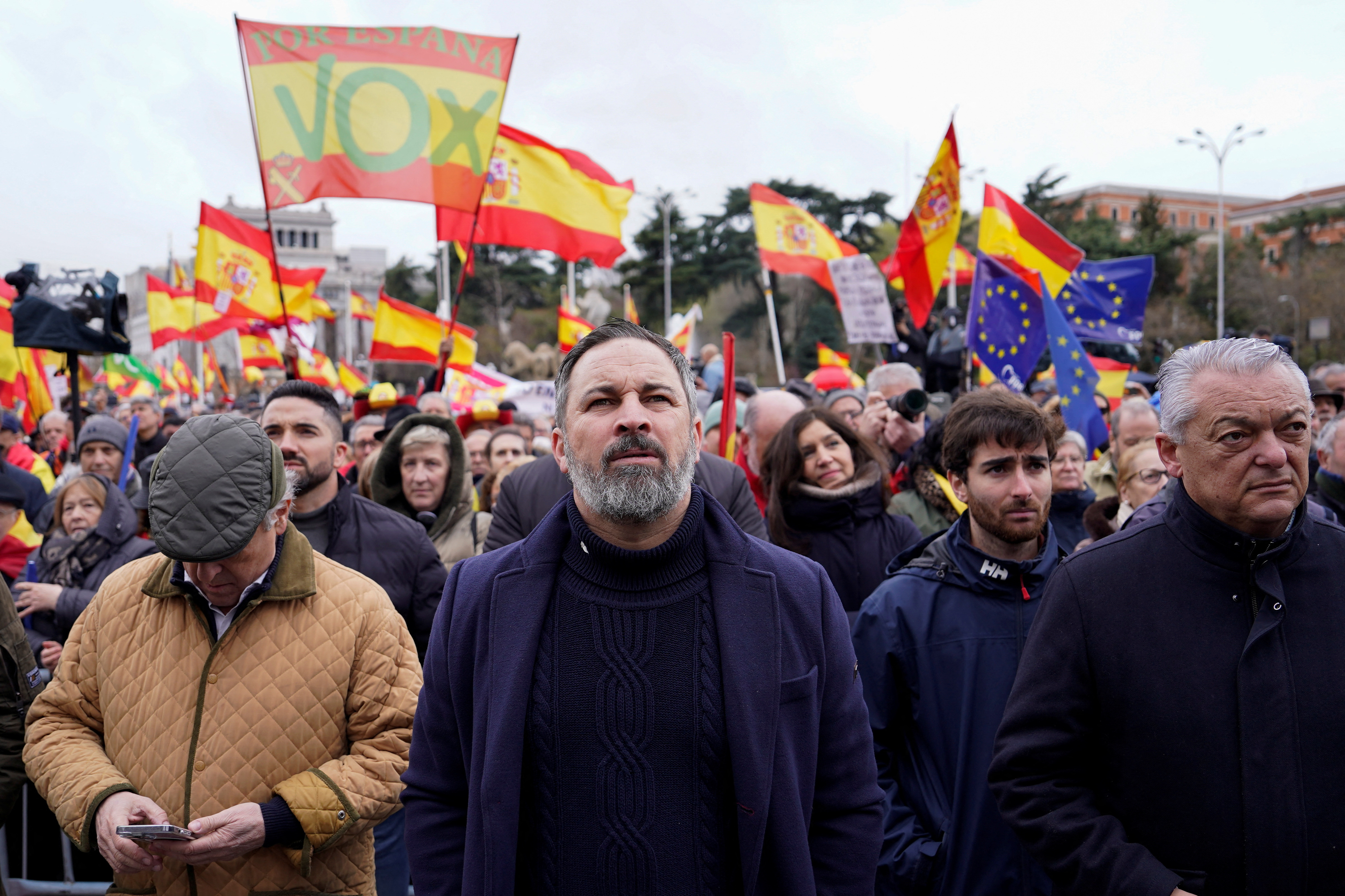
Puigdemont, who fled into exile after leading an illegal independence bid in 2017 and is the subject of an international arrest warrant, was “something from the past”, Illa said. Describing as “generous” the amnesty, which aims to cover the Junts leader and hundreds of other separatists facing charges over their role in the illegal referendum, Illa added that Sánchez intended it to resolve the “paralysis” of a region that accounts for a fifth of Spain’s economy and population.
He conceded that people were “not enthusiastic about the amnesty law” but insisted it was a “necessary step”, like “a doctor telling a patient they must go for surgery [which] you have to do [in order] to recover your health”.
Illa also admitted that the amnesty, which both he and Sánchez described as “unconstitutional” before and even a week after the July election, had dented the government’s credibility. “Some people don’t trust us and they say we are wrong … but we are trying an approach and for the moment it is working,” he said. “You could say it’s because of the July election. It’s true … the political conditions [changed] for us to make this move and for Junts to vote for the Spanish prime minister.”
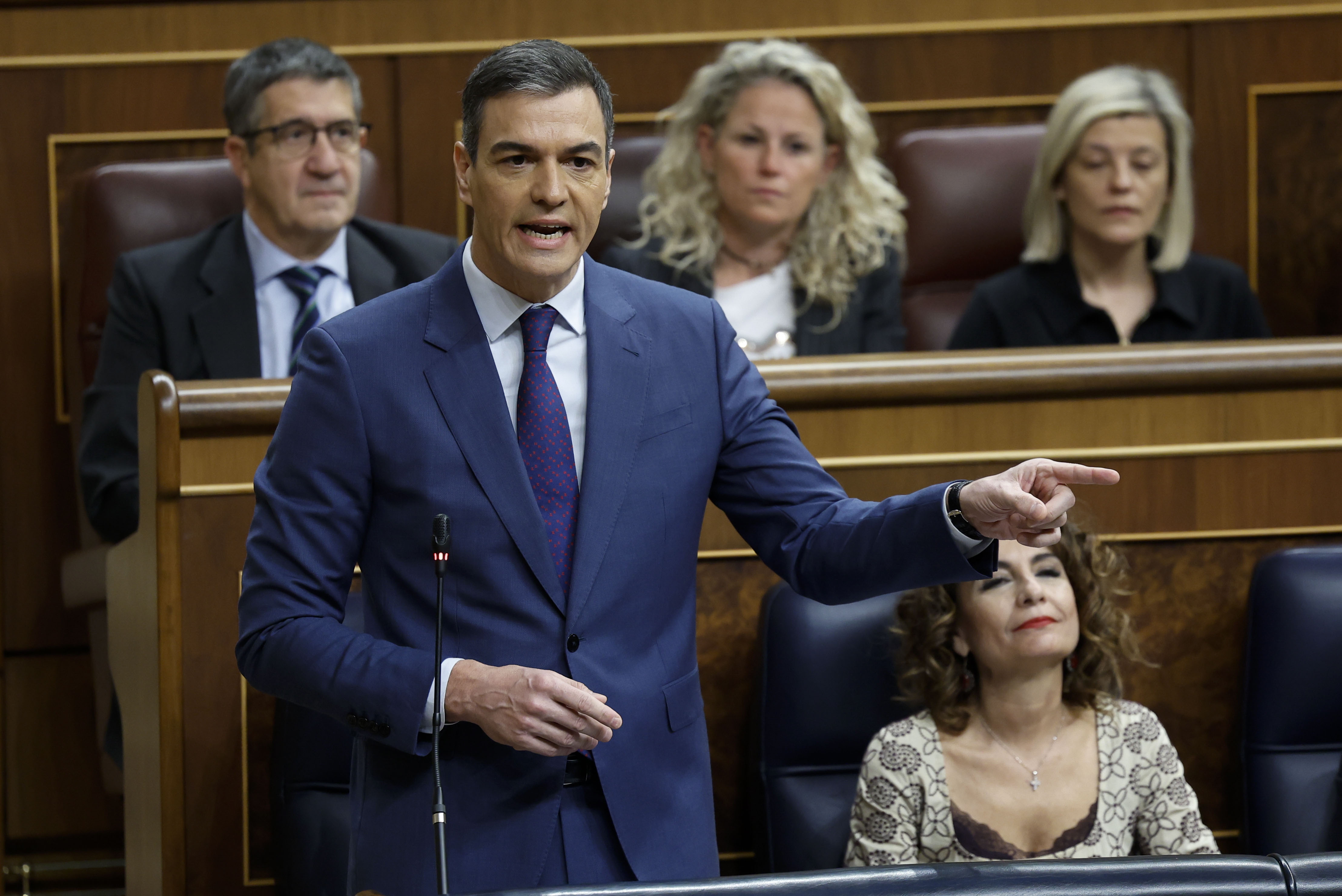
Advertisement
Illa said, however, that a sign of its success was that the two main separatist parties, Junts and the region’s governing Esquerra Republicana de Catalunya (ERC), “wanted to leave Spain and now are fighting to get the biggest role in negotiations with Spain”. He added: “They have come back to play Spanish politics. It’s difficult to err outside again.”
Junts has said that the amnesty law is a starting point for its renewed efforts to gain independence, assuring its voters that it does not regret its 2017 declaration of independence and that it will pursue a unilateral path again if necessary. Its leaders have said that they may pull the plug on Sánchez’s government if there is no progress towards independence.
Míriam Nogueras, Junts’s parliamentary leader, said: “If anyone says that this agreement is about turning the page, they are deceiving the public.” She criticised Sánchez for referring to “forgiveness” and “dialogue”, saying that the deal was about negotiation to resolve a political conflict.
Illa described such remarks as humiliating for Spain, adding that “some separatists like Puigdemont, who are benefiting from the amnesty law, are not recognising it because they are not courageous enough to admit they made mistakes”. He pointed out that the two separatist parties combined had won fewer seats than the Socialists in Catalonia in the July election.
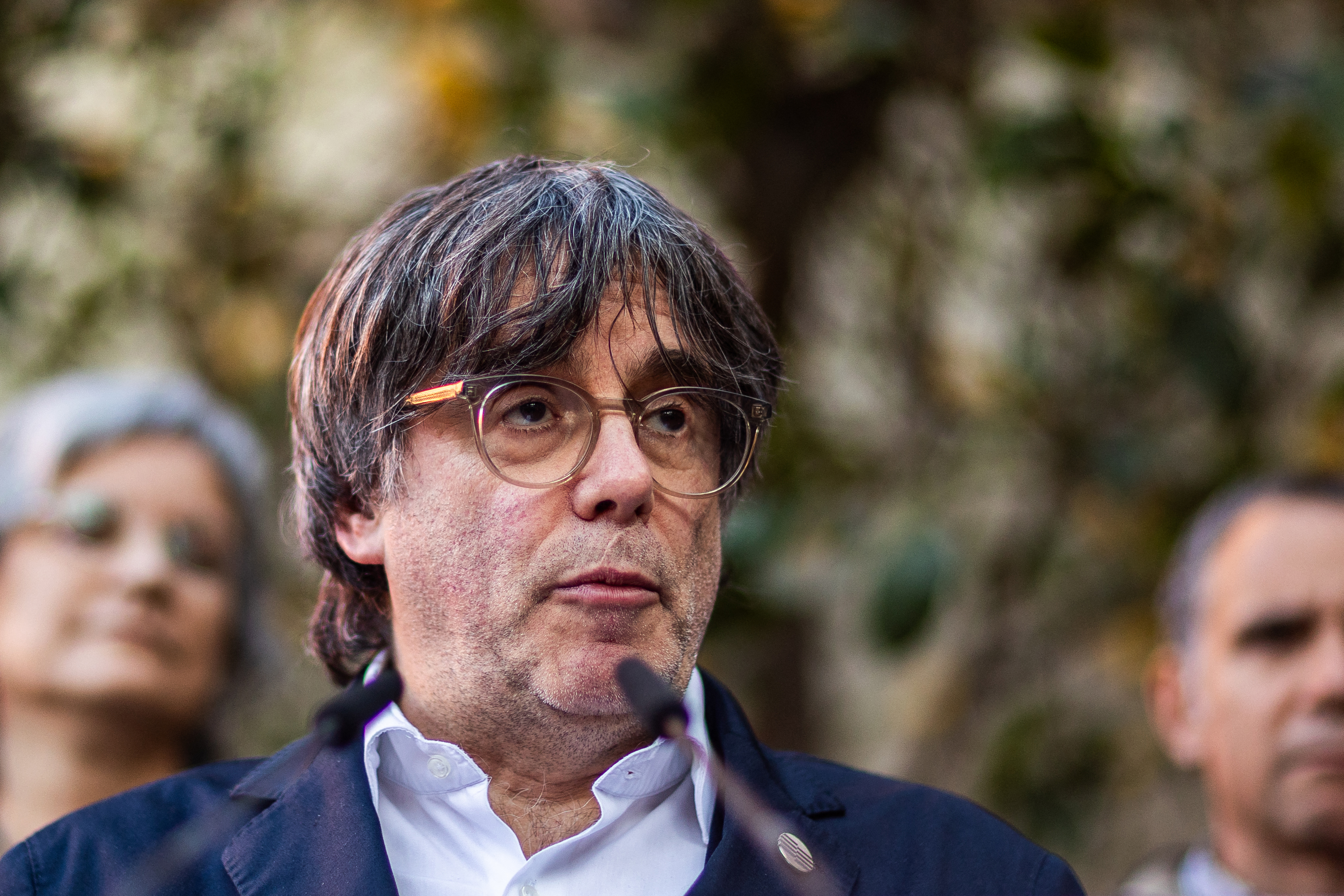
Esquerra said that it was engaged in talks with the Socialists in Switzerland about holding an independence referendum. The Socialists denied this but Illa said that they were considering granting concessions over the separatists’ other key demand, for tax-gathering responsibilities. “The separatists say they want to collect all the money and to pay the Spanish government for services provided to Catalonia. I am against this,” he said. “What we want is to comply with the current statute which says there can be a consortium between the Spanish tax collector and the tax collector of the Catalan government to take care of collecting taxes.”
Advertisement
He ruled out giving them greater political autonomy, however. “To give a higher level of self-determination to a Spanish regional government [is impossible] unless you want to break up the country,” he said. “The level may already be the highest in Europe.”
Illa quoted his party’s surveys, which have suggested that seven out of ten Catalan voters prioritise public services over issues such as independence. “People in Catalonia now want administrations to cooperate with Madrid, not to confront it,” he said.
He added that it would be up to the separatist parties to decide to honour the outcome if he won in May, or form a coalition government to block him as they did at the last election.
The controversy over the Socialists’ deal with Junts and its repercussions have paralysed the government in Madrid. “We have paid a price, it’s true,” Illa said. “But we are for a practical approach. It may fail, but for the moment it is working. Let’s see what happens on May 12.”


